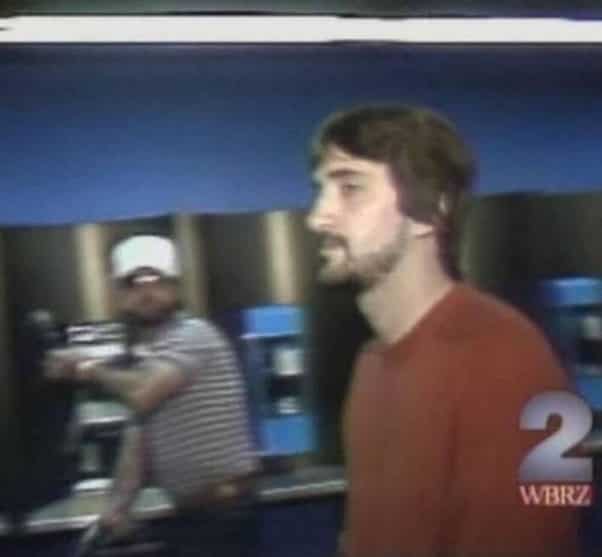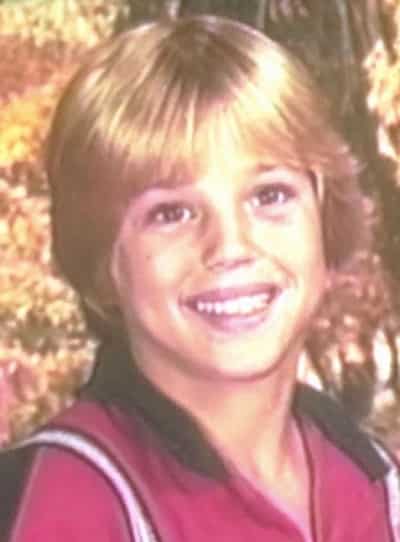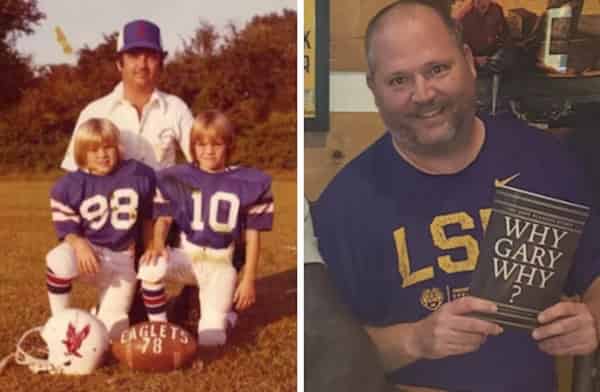Gary Plauché: The Man Who Took Justice into His Own Hands

In 1984, a shocking event captured national attention in the United States and raised complex questions about justice, morality, and vigilantism.
The story of Gary Plauché, a father who shot dead his son’s abuser, Jody Plauché’s karate instructor, Jeff Doucet, reverberated across the media and still remains a topic of discussion today. The case is one that blends the deep emotional turmoil of a father seeking retribution and the legal consequences that followed.
The Background: Who Was Gary Plauché?
Gary Plauché, born Leon Gary Plauché on November 10, 1945, was an ordinary man living in Baton Rouge, Louisiana. He was a devoted father who loved his family deeply, especially his 11-year-old son, Jody Plauché. Like many parents, Gary sought to provide the best for his children, encouraging them to take part in sports and other extracurricular activities.
Jody, an enthusiastic child, started taking karate lessons from a local instructor named Jeff Doucet. At first, Doucet appeared to be a caring and supportive mentor to Jody. However, beneath his friendly demeanor, Doucet was hiding dark, criminal desires. What unfolded was a tragic story that would forever change the lives of everyone involved.
The Crime: Kidnapping and Sexual Abuse
In February 1984, Jeff Doucet kidnapped Jody and took him across state lines to California. During this time, Doucet sexually abused Jody repeatedly. The FBI and local law enforcement immediately launched a nationwide manhunt, and after days of searching, they successfully located Doucet and Jody at a motel in Anaheim, California.

The nightmare of what Jody endured during the kidnapping deeply devastated the Plauché family. Jody was safely returned to his family, but the trauma was far from over. Jeff Doucet was arrested and charged with multiple crimes, including kidnapping and child molestation, and was set to be extradited back to Louisiana to face justice. But Gary Plauché had other plans.
The Shooting: A Father’s Unimaginable Act
On March 16, 1984, as Doucet was being escorted through Baton Rouge Metropolitan Airport by police officers upon his return to Louisiana, Gary Plauché waited patiently in the terminal. A local TV news crew was there to capture the moment of Doucet’s arrival.
As Doucet, still handcuffed, walked through the airport, Gary stood by a bank of payphones. In a moment of calculated rage, Plauché pulled out a .38 revolver and, with a single shot to Doucet’s head, killed him instantly. The entire incident was caught on live television, shocking the nation. Many people watched as Gary pulled the trigger, and within seconds, Jeff Doucet lay dead on the floor of the airport.
Gary was immediately apprehended by the police, but his actions ignited a firestorm of public debate about vigilantism, justice, and the proper punishment for heinous crimes like child abuse.
The Legal Aftermath: Was It Justice or Revenge?
Gary Plauché was charged with second-degree murder for the killing of Jeff Doucet. However, the trial that followed was anything but straightforward. Gary’s defense team argued that the shooting was an emotional response to the extreme trauma caused by Doucet’s actions and that Gary had suffered a “temporary loss of sanity” in the wake of his son’s abuse.
Public opinion seemed to be on Gary’s side. Many people, including parents, could sympathize with his plight. The courtroom was filled with supporters, and letters of encouragement poured in from across the country. For many, Gary Plauché was a hero who had simply acted in defense of his child when the legal system couldn’t offer swift justice.
In a surprising outcome, Gary Plauché was sentenced to just five years of probation and received a suspended sentence of seven years in prison. He spent no time behind bars, other than the initial arrest and processing after the shooting. The leniency of the sentence reflected the empathy many people felt for a father pushed to his emotional limits.

A Case That Still Raises Questions
The story of Gary Plauché is still referenced in discussions about vigilante justice, the limits of the legal system, and the rights of victims and their families. Was Gary justified in killing Jeff Doucet, or did he take the law into his own hands and commit murder? The lines between justice and revenge became blurred in this tragic case.
Jody Plauché, now an adult, has written and spoken extensively about the incident and his own healing process. In his book, “Why, Gary, Why?” he reflects on the impact the abuse and the shooting had on his family. Despite the trauma, Jody has publicly stated that he does not condone his father’s actions, although he understands why Gary did what he did.
Final Thoughts: A Story That Stirs the Soul
The case of Gary Plauché serves as a stark reminder of the emotional devastation caused by crimes like child abuse and the lengths to which some people will go in pursuit of justice. It also illustrates the complexity of human emotion, where love, anger, pain, and revenge can intertwine, leading to irreversible actions.
While the legal system in the United States ultimately spared Gary Plauché from a harsh prison sentence, the ethical and moral debates surrounding the case linger to this day. For some, Gary is a hero who did what any parent would do; for others, he crossed a dangerous line. Regardless of where one stands on the issue, the story of Gary Plauché and Jeff Doucet remains a haunting chapter in the annals of American crime.
